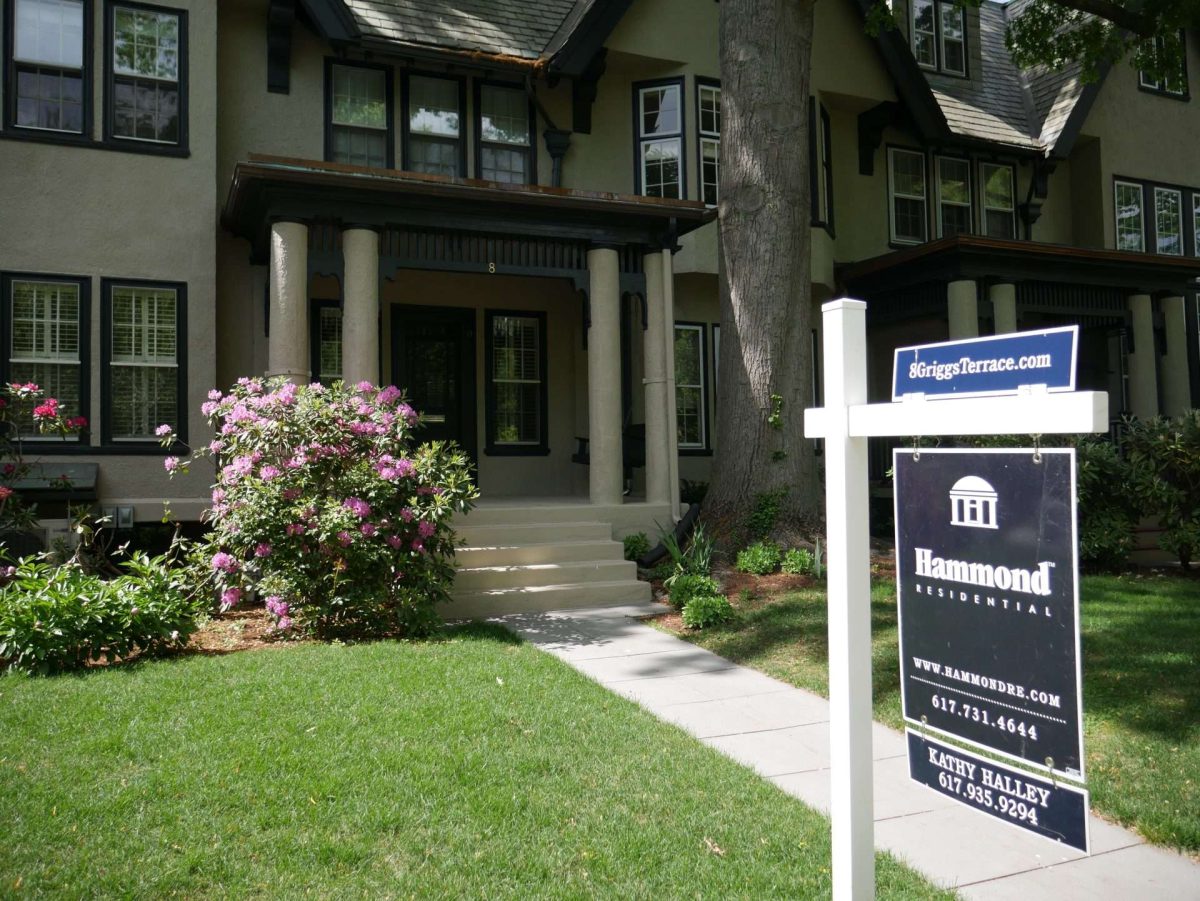T
he use of artificial intelligence in real estate legal document reading, vetting, and abstracting is becoming increasingly prevalent, making the process faster, more accurate, and less tedious. However, the integration of AI into this field remains a bumpy road, with some industry professionals still hesitant to adopt new technologies.
One proptech startup, Superlegal, is using AI to help construction companies review and negotiate contracts more efficiently. The company's CEO, Noory Bechor, explained that their focus is on creating an alternative to hiring lawyers or outside counsel, offering a unique value proposition in the market. Superlegal has received a special license from the Utah Supreme Court to provide legal advice and practice law as an AI company.
Another proptech startup, Bryckel, is using AI for real estate document intelligence with legal-grade precision. The company's CEO, Sienam Ahuja, said that their model can analyze lease documents, identify risks, and scale due diligence through a proprietary product called Clause Protect. Bryckel aims to reduce the workload of legal teams by providing accurate and efficient analysis.
Prophia, a more mature proptech startup, has been leveraging large language models (LLMs) to enhance its ability to read, transcribe, and develop on top of core technologies. The company's CEO, Cameron Steele, said that Prophia measures enterprise-grade quality of output and human review, ensuring accuracy and risk management.
MRI Software's vice president of AI, Vijay Anand, noted that the release of LLMs has changed the AI landscape, enabling more accurate document extraction and analysis. However, he emphasized the importance of expertise in fine-tuning models or doing the right prompting, which MRI believes gives them a technical advantage over proptech startups.
Investors are also taking notice of legal document AI for real estate, with some seeing opportunities to invest in platform companies that can embed AI solutions as modules. Andrew Zang, CEO and managing partner at Bespoke Air AI, is working on providing proper AI oversight for real estate clients by avoiding foundation models like ChatGPT and curating AI solutions for individual client companies.
While AI has the potential to revolutionize the real estate industry, its adoption remains a gamble, with some industry professionals still hesitant to adopt new technologies. However, as more startups emerge and investors take notice, it's clear that AI is here to stay in the world of real estate legal document analysis.














